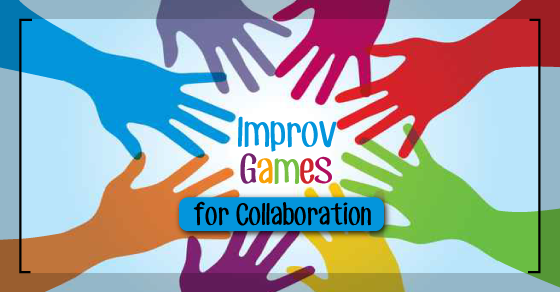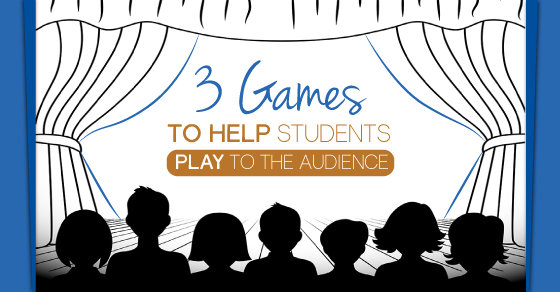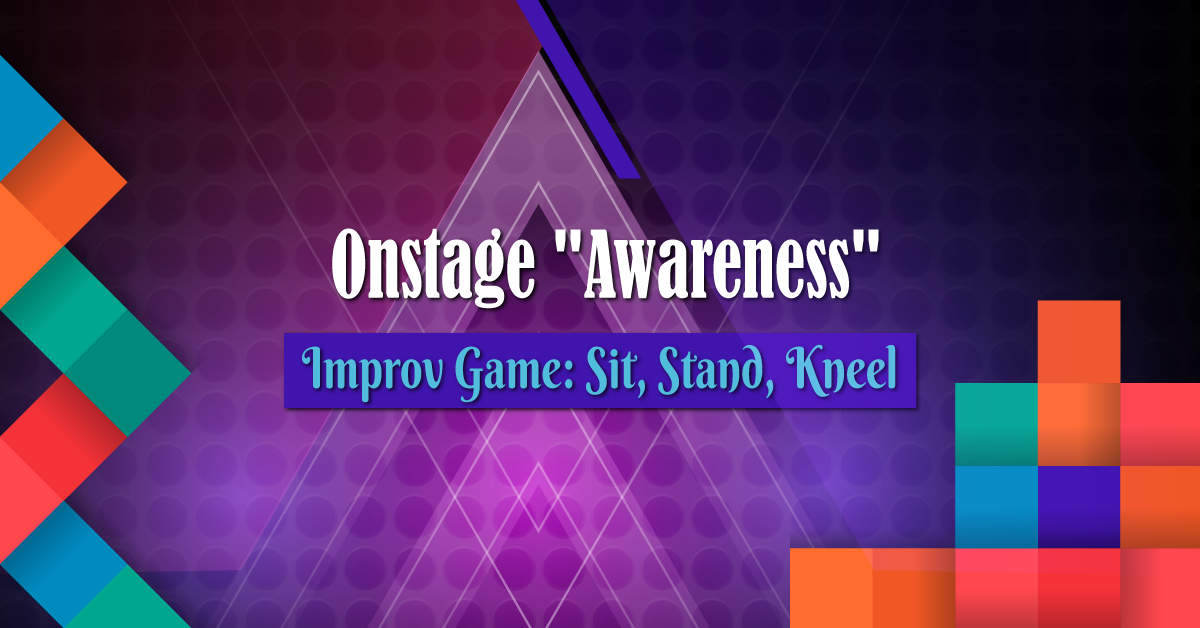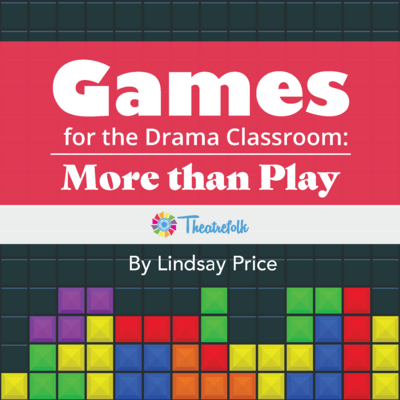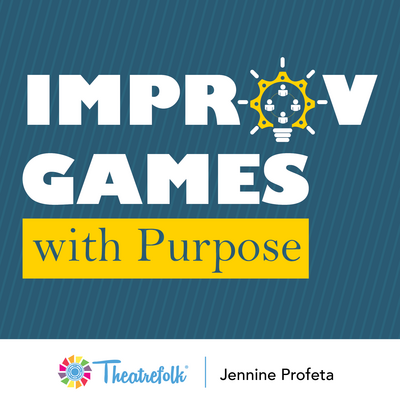Mirror Game – Modified!
The mirror game is a great stand-by in the theatre class. Students are grouped in pairs and face each other. One acts as the leader, moving their arms, legs, head, face, in a slow steady pattern so that they can be ‘mirrored’ by their partner. The follower strives to copy the leader exactly. It’s an excellent focus exercise.
The modification involves groups of four in a diamond shape. Everyone faces the same way (instead of facing each other) and the person at the head of the diamond is the leader. As with the traditional game, the leader moves their arms, legs, head and the other three try to follow exactly. It’s important to coach that the leader can’t do any movements in front of their body, as it won’t be seen by the others.
At a signal from you, the leader incorporates a quarter turn into their movement. Now there is a new person at the head of the diamond and they become the leader. At this point, it’s important to coach that the new leader doesn’t just drop in mid-movement what the first leader was doing as they turned. The second leader takes that movement and incorporates it into their own. Keep the flow going. And then again, at a signal from you, the new leader incorporates a quarter turn that introduces a new leader.
Once you’ve got groups of four comfortable playing the mirror game, increase the size of the group. Take two diamonds and make it eight. Keep growing the shape until you can incorporate the whole class into the mirror exercise – what happens if there are multiple leaders? As the group grows in size, coach students not to talk. They’re going to want to check in with each other about what they’re supposed to be doing. Encourage students to simply focus on moving as a group.
You can also coach the speed of the movements (have leaders move slower or faster) or the size of the movements (coach leaders to expand away from the body or make tiny movements). Another add on would be to add music to the exercise. How does the movement change?
What was it like to try and move as a group? Was it comforting or frustrating? Why?
Related Articles
Games for the Drama Classroom: More Than Play
by Lindsay Price
A collection of games and activities that go well beyond the notion of "play."
Improv Games with Purpose
by Jennine Profeta
Improv games including feedback suggestions and questions, game variations, teaching tips, side coaching tips, entry prompts, exit slip questions, and more!

